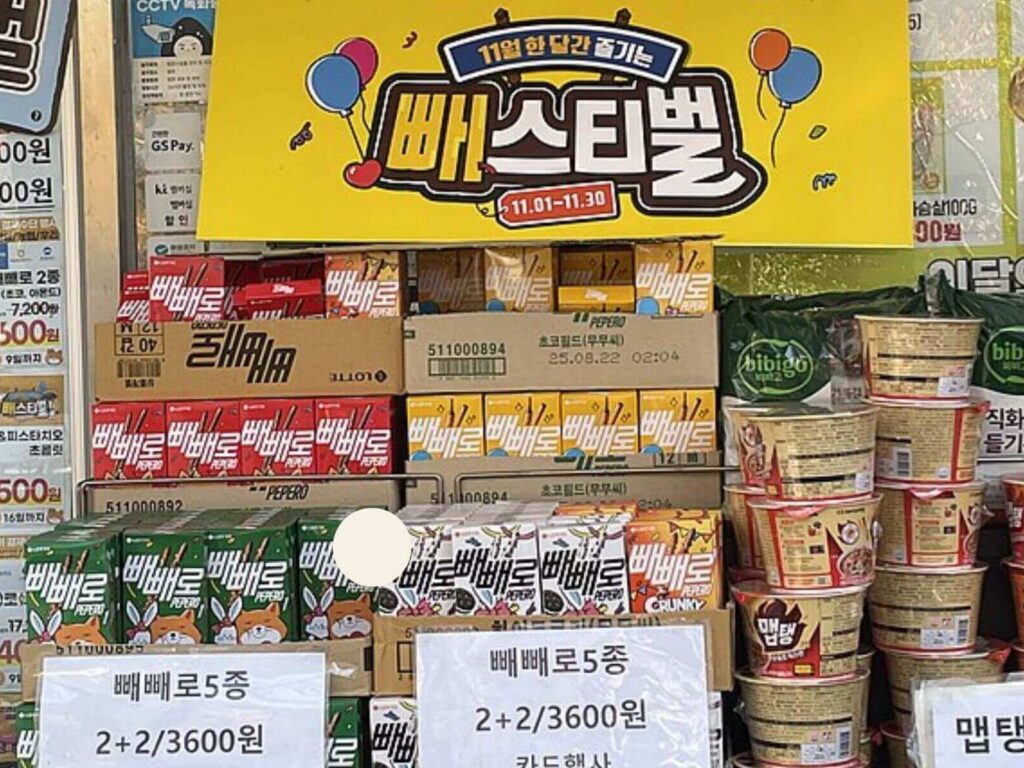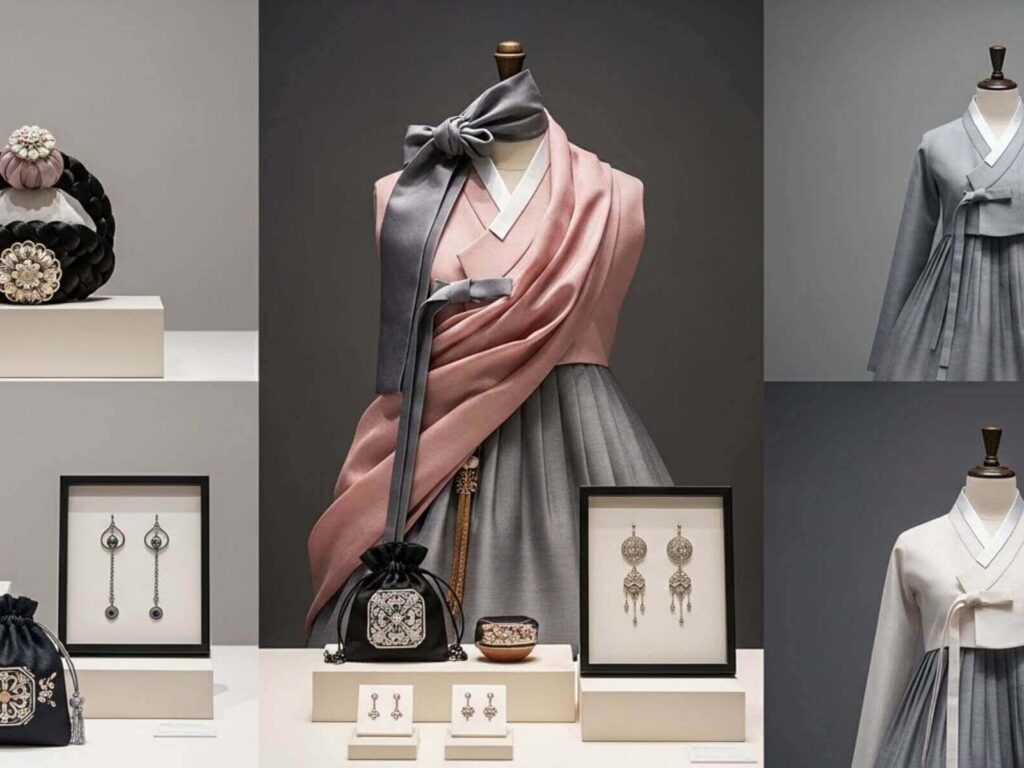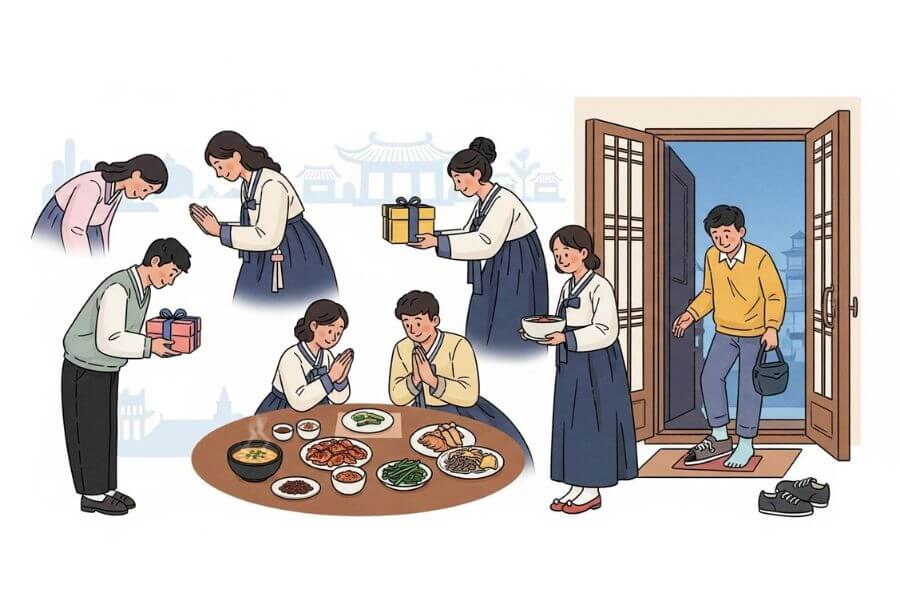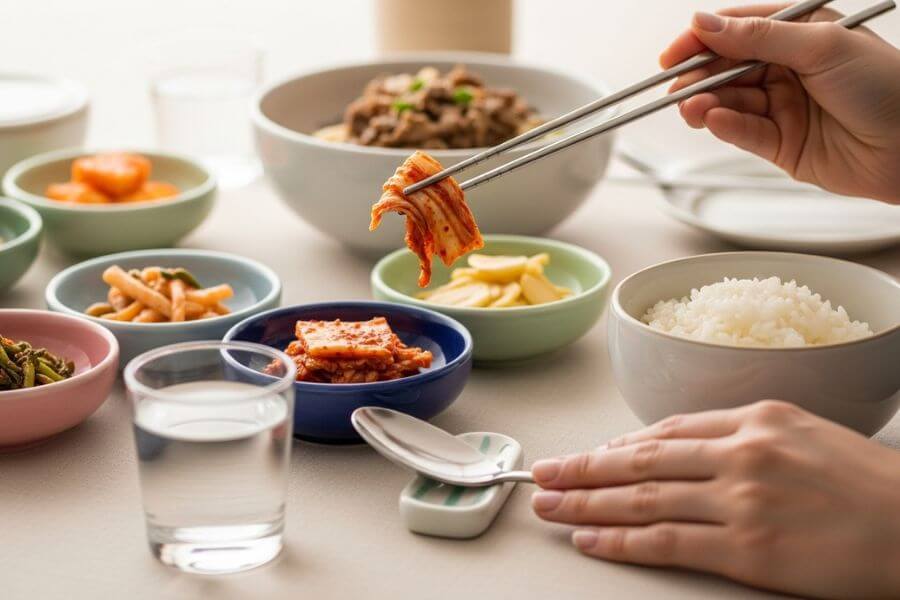MBTI has taken South Korea by storm. You see it everywhere, from social media quizzes to office chatter, and even in casual conversations with friends. People are genuinely curious about personality types and how they shape the way we think, act, and connect with others. Curious about what types are most common in Korea? Let’s dive in and explore the ten MBTI personality types that show up the most among South Koreans, what makes them tick, and how they interact with the world around them.
1. ISFJ
If you’ve ever met someone who seems to quietly hold everything together, that’s probably an ISFJ. Known as “Nurturers,” they’re loyal, dependable, and always there when you need them. In Korea, ISFJs are the ones who remember birthdays, organize family gatherings, and check in on friends without expecting anything in return. They thrive in stable, traditional environments, something that aligns perfectly with the country’s focus on respect, hierarchy, and harmony. They might seem a little reserved at first, but once you get to know them, their warmth and reliability shine through.
2. ESFJ
ESFJs are the social butterflies of the MBTI world. Called “Supporters,” they’re outgoing, attentive, and great at noticing what others need. In South Korea, where keeping the group happy and harmonious is highly valued, ESFJs fit right in. They’re the friends planning outings, remembering every small social obligation, and making sure nobody feels left out. Careers in teaching, healthcare, or customer service are often a perfect match, letting them combine their love for helping others with their knack for social connection.
3. ISFP
ISFPs are the creative souls, the “Artists” who notice the beauty in everything. Gentle, sensitive, and imaginative, they’re drawn to music, fashion, art, and other forms of self-expression. South Korea, with its booming entertainment and fashion industries, is a natural playground for ISFPs. They tend to go with the flow and enjoy personal freedom, which makes them easygoing in social settings. They might not crave the spotlight, but their quiet, artistic touch often leaves a memorable impression on everyone they meet.
4. ESTJ
Meet the “Executives” of the MBTI world: ESTJs. Organized, decisive, and practical, they naturally take charge and get things done. In Korean workplaces and families, ESTJs are respected for their leadership and ability to manage projects efficiently. They’re all about rules, structure, and fairness, and their confidence inspires trust in both colleagues and friends. Sometimes they can feel strict, but it’s always balanced by their sense of responsibility. In a society that values diligence and hierarchy, ESTJs are the people everyone counts on.
5. INFP
INFPs are the dreamers and the “Idealists.” Deeply introspective and sensitive, they live by their values and care about making the world a better place. Many Koreans with this personality type are drawn to creative pursuits like writing, music, or the arts. They prefer meaningful connections over big social circles and can be easily affected by conflict or criticism. Though quiet on the surface, INFPs have a rich inner world, and their authenticity often inspires those around them.
6. ENTP
ENTPs, or “Debaters,” are full of energy, curiosity, and clever ideas. They love exploring possibilities, challenging the status quo, and sparking lively conversations. In Korea, ENTPs shine in entrepreneurial or academic settings where thinking outside the box is rewarded. They prefer dynamic, ever-changing environments rather than rigid routines. While they can sometimes seem restless or argumentative, their enthusiasm and problem-solving skills make them engaging companions and brilliant collaborators.
7. ESFP
ESFPs are the life of the party, the “Entertainers” who light up any room. Outgoing, fun-loving, and spontaneous, they enjoy sharing experiences and making people laugh. In Korea’s bustling urban culture, ESFPs are often the ones hosting social events, attending festivals, and embracing every moment. They live in the present and adapt easily to changing circumstances. While long-term planning might not be their strong suit, their positivity, charm, and energy make them impossible to ignore.
8. INFJ
INFJs are the “Advocates”: thoughtful, empathetic, and deeply committed to their purpose. They often reflect on life and strive to make a meaningful impact on others. Though INFJs are somewhat rare worldwide, they have a noticeable presence in Korea, especially among those interested in counseling, education, or creative fields. Their intuition and emotional intelligence make them excellent listeners and trusted friends. Even though they’re private, their insight and sincerity leave a lasting impression on the people they connect with.
9. ISTJ
ISTJs, known as “Inspectors,” are the dependable, detail-oriented backbone of any group. Methodical and responsible, they value structure, rules, and consistency, a perfect fit for Korea’s structured educational and corporate environments. ISTJs excel in careers requiring precision and reliability, like administration, finance, or engineering. They may appear serious or traditional, but their dedication and work ethic earn them respect. When they commit to something, they follow through no matter what, making them reliable friends and colleagues.
10. ENTJ
ENTJs are the bold, strategic “Commanders” who love leading and achieving ambitious goals. They’re confident, decisive, and natural visionaries. In Korea’s competitive corporate world, ENTJs often rise quickly, inspiring teams to meet big challenges. While their assertiveness can seem intimidating at first, their competence and determination command respect. They combine planning, leadership, and charisma to influence both professional and personal circles effectively.
Conclusion
Korean MBTI trends reveal an interesting mix of social harmony, creativity, and ambition. ISFJs, ESFJs, and ISFPs show a strong sense of community, care, and artistic flair, while ESTJs, ENTJs, and ENTPs highlight leadership, strategy, and innovation. Whether you’re curious about your own personality type or just want to understand Korean social habits better, knowing these common types can help you connect more meaningfully with the people around you. MBTI in South Korea isn’t just a trend; it’s a way to explore identity, relationships, and personal growth.





